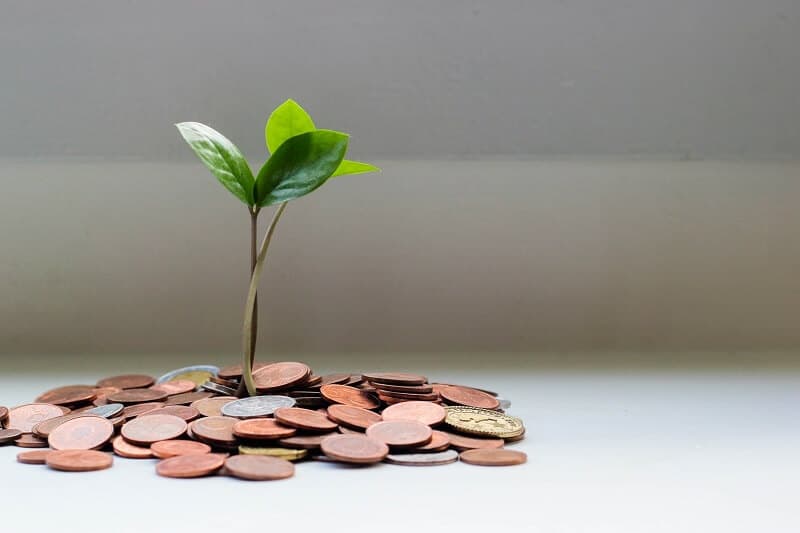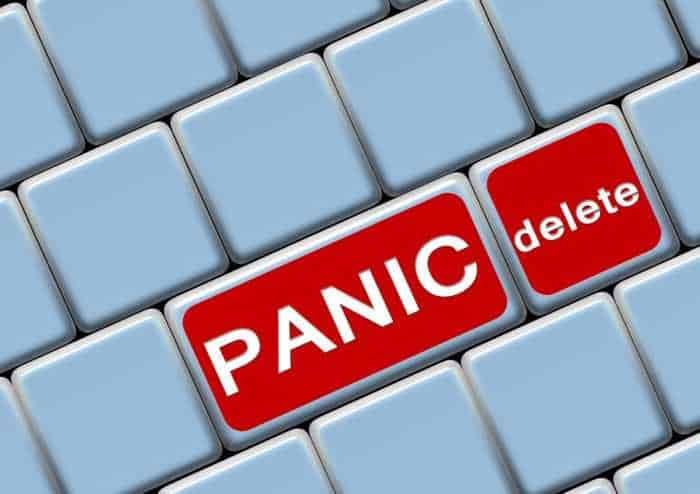
The advantage of buying stocks right now is that you can get more for your money. If you are young, the more you do with your money now, the more it will be able to grow throughout your lifetime.
By Guy Avtalyon
Yes, this is time to buy stocks. That would be a short answer but here is why this is a time to buy stocks.
Stock prices are changing violently because of the economic slowdown caused by a new coronavirus outbreak. So, the volatility makes it especially challenging to answer this question because it may vary on a daily basis. Maybe the most critical part of any investment decision is the stock valuation on which we base our decisions, should we buy or sell the stock. Moreover, that can tell us a lot about other investors’ feelings toward some particular stock. So, you need an explanation of our observation that this is time to buy stocks.
Here are some real examples but we have to go back in the old days.
The historical overview
It was the year 1974.
In the period of 1973-1974 bear market ultimately bottomed. It marked a 43% decline for the Dow Jones in a time frame of two years or even less. This bear market ended December 6, 1974, when the Dow Jones hit 577.60. The large sell-off caused a lot of damage to the U.S. market and it took approximately 20 years to entirely recover. But, at the same time, every investor who had guts to buy stocks then, had great returns later.
The second occasion was in 1982.
The Bear Market of 1982. The market had been falling for almost one year and two months, actually exactly 451 days. In just one day, it was February 22, the S&P 500 Index was down for almost 21%. Inflation in the US was at 13.58% but also, it was a rough year for the rest of the world. But some investors were smart and made their life-time investment by buying stocks.
The next was the stock market crash of 1987.
This market crash originally came from the US but had a great impact on the global economy. In October that year, DJIA fell by 22,6%. It was a well-known Black Monday. Until then, Dow Jones never had such a drop in one day. And as in previous cases, some investors made smart choices, and bought stocks rather than sell them and it was a very profitable decision for them.
Horrible 2008/09
The most recent event, before 2020, happened in 2008 and 2009. This bear market actually lasted from October 9, 2007, to March 9, 2009.
The S&P 500 Index lost about 50% of its value, and the DJIA fell 777.68 points in intraday trading. It was the largest drop point fall until this year’s market crash. Also, some were smarter than others and they bought the stocks instead of selling them. In other words, during the market’s crashes during history, the most successful investors were buying.
What do these events have in common?
They were all connected to some kind of crisis. And each market situation was characterized by capitulation.
The stock market capitulation means giving up. It is the point when investors are giving up on attempting to recover lost gains caused by falling stock prices. For example, a stock you own has dropped by 20%. You have two alternatives: to wait it out with hope the stock starts to appreciate again, and the other solution is to compensate for your loss by selling the stock. When most of the investors choose to wait it out, the stock price will probably continue almost stable. But if most of the investors choose to give up on the stock, the stock price will decrease further and sharply. When this event is relevant to the entire market, it is a market capitulation.
What else is in common for these market crashes? The most profitable investors were buying stocks. It looks like selling wasn’t the right option for them.
So, we can easily conclude that time to buy stocks is right now. This is an amazing chance to buy stocks because they are cheap now.
When is the right time to buy stocks?
The truth is that almost all investors are scared. The possibility of losing all capital is enormous and some of them are starting to get out of the market. Everyday volatility, stock prices changes in milliseconds, have a great influence on investors’ emotions.
The markets’ crashes, we mentioned above, weren’t quite severe as this one is. This bear market marked a 20% drop from the recent market highs. So, despite the fact that this drop is so sharp, it could be a good time to buy stocks.
Yes, we know that investing in this time may sound strange and nonsense for someone. But, at the same time, if you are seeking long-term investment it could be the best time. For example, you can buy some blue-chips at a very favorable price. Such are, for instance, Walt Disney, or Coca-Cola. Just follow the KIS rule and look at the most prominent. These companies and similar survived through previous market crashes and came out stronger providing great returns.
You can create real wealth in stocks now. Just don’t watch from the sideline. React and do it now.
Is this time good to buy stocks?
Stop dreaming and guessing. Listen to good advice only. Have an investing plan.
Start investing with an edge, that will give you an advantage over other investors. Buy the stocks that were the best players last year.
Watch what the world’s billionaires do, the path they made. Allow them to show you what stock to buy. They are strong enough to fight for their investments, but at the same time, they will increase the value of yours.
It isn’t time yet to estimate the accurate impact the coronavirus pandemic will have on the companies. The results will differ by company. Some will manage better than others, but that’s how things go. What we can do is to find the company built to last. Take a look at their revenues for the past several years or at least for the last one. Some did great. So buy its stock at a discount.
You have to know that this pandemic will have influence over the next several years. Just don’t panic. This is not the time for that. This is a time to buy stocks if you have some extra money that you’ll not need in the coming years. Just invest it in brands. This lesson came from history.
Investing is more available than ever. That means you don’t have to rely on some difficult strategy to start earning money. You can buy options, you have help from free trading platforms, apps to create an investment plan that matches your goals, and risk tolerance. You are investing for the long haul. Ignore the panic and understand why it is the right time to buy stocks. Set clear goals, and recognize your limits. Keep in mind, investing in stocks is one of the easiest ways to put your money to work.







